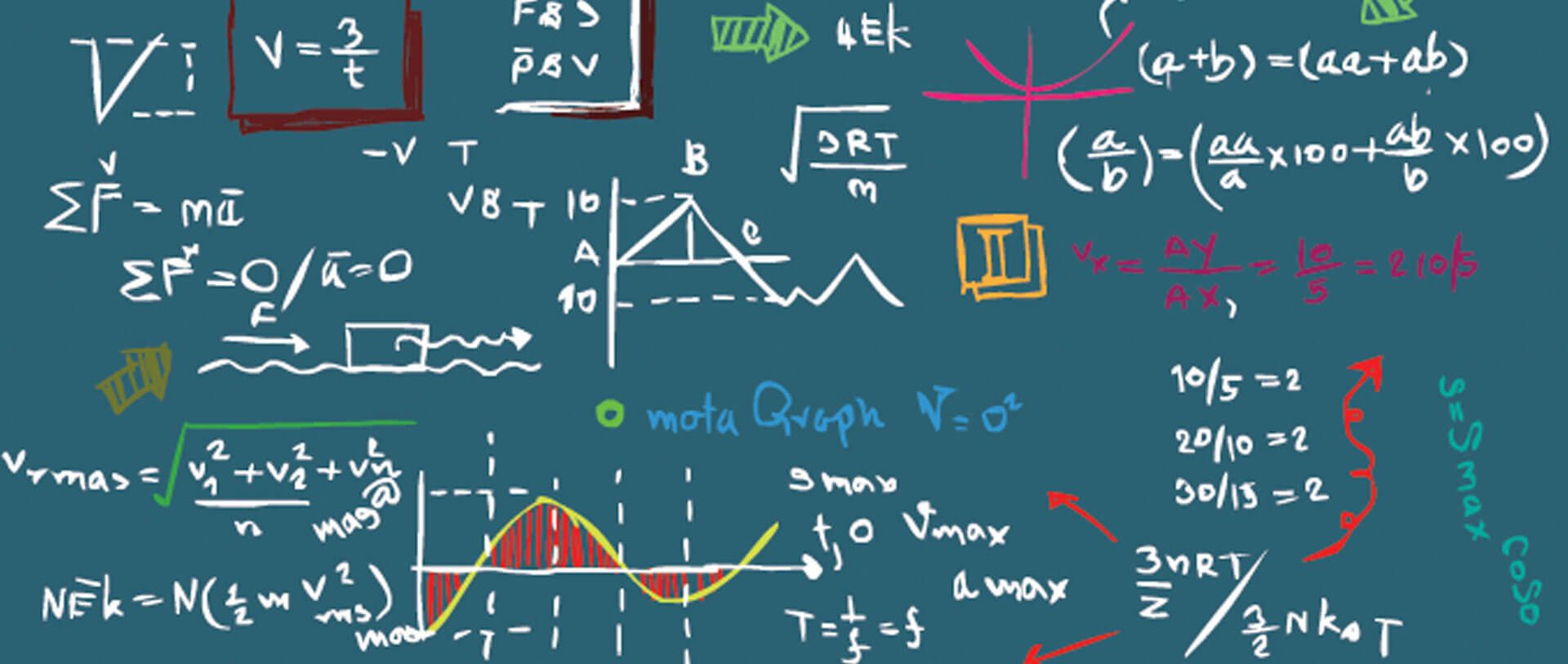The ability of a school or school system to determine a student's math ability (or "advanced" math ability) can be hard to do with great accuracy--especially when we are trying to make this determination with eight and nine year old children. It's not enough that they are getting good grades in their math work; math is more than mere calculation. And higher-level math is all about reasoning and thinking and understanding. The kid that is good at memorizing, isn't always good at (say) the abstraction that comes with manipulating variables and graphing a line.
Yet, I think that (too often) we get a false impression of a student's math abilities from merely looking at their elementary grades on the report card. Sometime students are placed in advanced classes and at some point in middle school they start to struggle because they were pushed to learn higher and higher levels of math too fast. On the other hand, there are certainly students who are highly able in mathematics and they should be encouraged to take more challenging classes that are commensurate with their abilities. So goes the dilemma of trying to identify the truly highly-able students from those that only appear to be highly-able.
 One method that helps is using multiple data points. When students breeze through their multiplication tables and get "A's" on their report cards, but do poorly on standardize tests or on unit tests, this should be a cause for concern. Maybe this student is good at memorizing facts and procedures and not good at understanding concepts. This student is successful at procedural assignments (such as long division with whole numbers), but may struggle with more abstract assignments (such as a math task with multiple answers).
One method that helps is using multiple data points. When students breeze through their multiplication tables and get "A's" on their report cards, but do poorly on standardize tests or on unit tests, this should be a cause for concern. Maybe this student is good at memorizing facts and procedures and not good at understanding concepts. This student is successful at procedural assignments (such as long division with whole numbers), but may struggle with more abstract assignments (such as a math task with multiple answers).Of course, we know that it is OK for students to struggle as they learn new concepts (see previous blog post), but many students view this struggle as a sign that they aren't good at math; or a sign that the teacher is doing something wrong. We don't want students to struggle because they have been inappropriately placed. Truly able students (and Growth Mindset students) don't mind the struggle because they enjoy the journey toward learning. Also they understand that it is OK if they don't get it the first time. Continual effort will eventually pay off. Students who never tried hard to do well in math and then are placed in an advanced math class and then are upset when they don't get it the first time...these may be the students that we are pushing too quickly.
Is your child advanced in mathematics? How do you know?


No comments:
Post a Comment